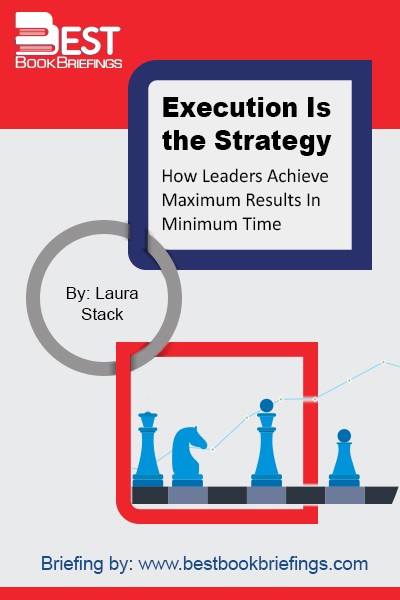Bargaining with the Devil
When to Negotiate, When to Fight
Editorial Review
If someone does you wrong in business or in life, should you bargain with them or ignore them and go straight to warfare or litigation? This is actually a highly strategic question and one of the most challenging issues in any negotiation. If you attempt to make a deal with the other party, you are in effect legitimizing their authority and position. For example, if a government negotiates with terrorists, then it is effectively stating the terrorists have a point and are worth speaking to in order to come to some sort of mutual arrangement. In a way, this can be viewed as a form of rewarding bad behavior. So, should you try to resolve any and all conflicts through negotiation rather than fighting it out? The answer depends on all kinds of different factors but you should have a bias towards negotiating wherever and whenever possible. You’ll increase the odds of achieving more if you do.
Book Reviews
Books on Related Topics

Most people living normal lives are unaware of what’s coming – how extreme changes and trends may disrupt every aspect of our world and lives. Most people are not prepared for the drastic changes on the horizon that will change work, business, health, or population. They have not run the scenarios,

Everyone uses some foresight; most people think about the future at some time and try to make sense of it in their day-to-day lives. Take present-buying: you are using foresight to think ahead to what each person would like to receive (decision-making); to think about where you will find/buy/make each gift

Today, leaders lean more on their team members to help them make solid, reliable decisions on how to best execute the objectives that advance the ultimate organizational strategy. That’s why execution is the strategy. You can’t strategize your way to greatness; you execute your way there! Strategy can’t be separate from



